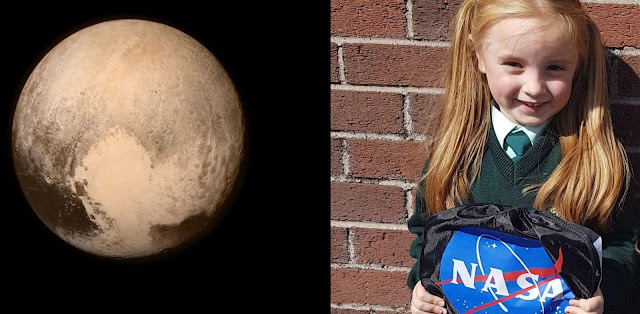We Just Sent A Signal To Make Contact With Aliens On A Distant 'Super Earth' — Here's What We Said
Aliens-- always a prevalent topic of discussion and one sparking controversy. It is known to everyone that scientists have been searching for extraterrestrial planets for signs of life. Now, in the hope of making contact with aliens, a message beamed by scientists towards two planets potentially capable of supporting life.
The message was directed towards GJ 273-- known as Luyten’s star, a red dwarf, lying 12.36 light years away from Earth but scientists estimate that it will take a mere 12 years to reach it.
If any aliens reside on the planets and the message is received and understood by them, and a reply is sent, then it is expected to be received in the duration of the northern hemisphere’s summer solstice in 2042 (June 21st, 2042). However, the plan set in motion does not please all-- Stephen Hawking, amongst other experts, warns us that if aliens were ever to discover life on Earth, it is very probable that such a discovery could be the end of a civilization. Life on Earth would be ended.
The message was beamed to GJ 273 by scientists from Messaging Extraterrestrial Intelligence (METI) International last month.When speaking to Space.com, Douglas Vakoch, president of METI, said the following: “it is a prototype for what I think we would most likely need to do 100 million times, or 1,000 times, or 1 million times. To me, the big success of the project will come if, 25 years from now, there’s someone who remembers to look [for a response]. If we could accomplish that, that would be a radical shift of perspective.”
The contents of the message consisted of a scientific and mathematical ‘tutorial’ of sorts, as well as 33 musical excerpts created by musicians from the Sonar music festival and was beamed out in binary code on October 16, 17, and 18, at two different radio frequencies. The origin of this message was at the European Incoherent Scatter Scientific Association radio antenna in Tromso, Norway.
The professor also believes that if planet Earth were to be discovered by aliens, the desire to conquer and colonise our planet will be a very prevalent one and said the following in an interview: “If aliens visit us, the outcome could be much like when Columbus landed in America, which didn’t turn out well for the Americans.”
Despite all of this, Vakoch maintains his belief that beaming a message to Luyten’s star poses no risk and spoke out about the subject: “It’s really hard to imagine a scenario in which a civilization around Luyten’s star could have the capacity to come to Earth and threaten us, and yet they’re not able to pick up out leakage radiation.”
A second message is planned by the teams to be set out to Luyten’s star in April 2018 at different radio frequencies, in hopes that someone might hear the voice of humanity.



Comments
Post a Comment